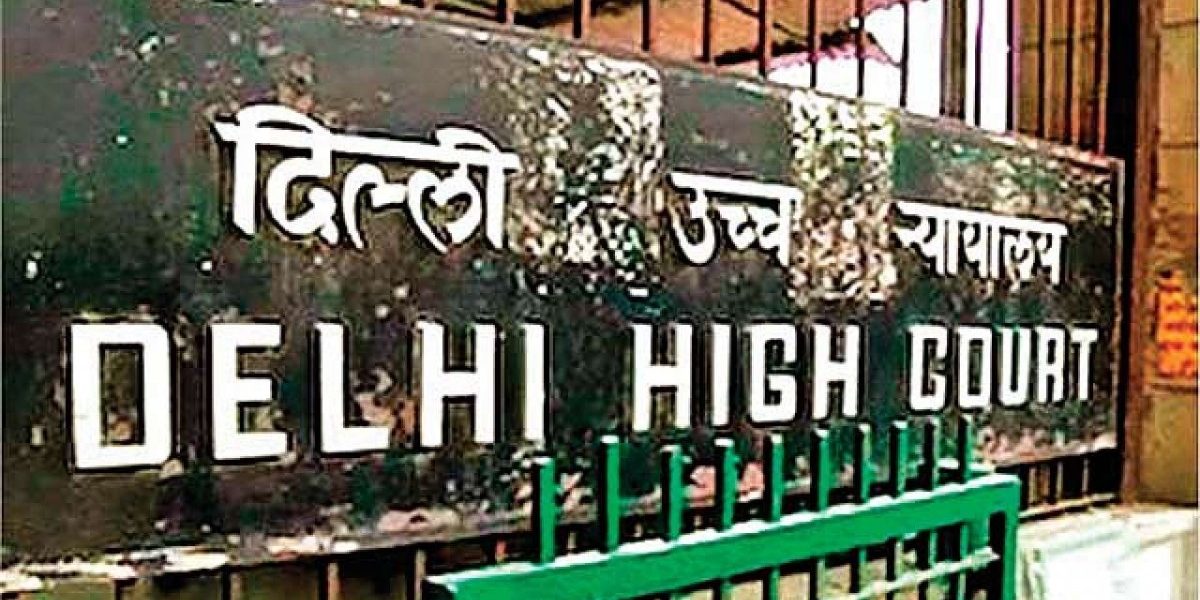New Delhi: Echoing the Supreme Court’s advice, the Delhi high court has granted bail to five anti-Citizenship Amendment Act (CAA) protesters on the ground that “the sole act of protesting” cannot be used as “a weapon to justify the incarceration” of those who choose to use that right.
According to the Indian Express, the protesters, barring a woman accused – arrested by the Delhi Police on the charge of murdering head constable Rattan Lal on February 24, 2020 – have been languishing in jail for over a year. While Furkan and Arif, residents of Delhi’s Chand Bagh area, have been in custody for 17 months, Shadab, also a resident of Chand Bagh, and Suvaleen, a resident of Jagatpura, have spent 16 months in incarceration. The fifth protester to have got bail from the HC – Tabassum, a resident of the Mustafabad area of Delhi and a mother of two children, has been in jail for over 11 months.
The Delhi police head constable had received fatal injuries in a mob attack, leading to his death. The police had arrested the five protesters on the charge that they were part of that mob which had assembled at Chand Bagh and Futa Road on that day.Justice Subramanium Prasad, in five separate judgements on September 3, granted bail to all of them, reiterating that it is the constitutional duty of the court to ensure that there was no arbitrary deprivation of personal liberty in the face of state power.
“The right to protest and express dissent is a right which occupies a fundamental statute in a democratic polity, and therefore, the sole act of protesting should not be employed as a weapon to justify the incarceration of those who are exercising this right,” Justice Prasad said in his verdict, according to The Tribune.
Reiterating that the SC has consistently held that the onus is on the court to give a clear finding of the nature of the unlawful common object, the mere fact that an accused was armed would not be sufficient to prove it. The Delhi police had argued that on that February day in 2020, a crowd at the behest of the organisers, were carrying weapons like “dandas’, ‘lathis’, baseball bats, iron rods, and stones and refused to obey the orders of the police force.
“The applicability of section 149 of IPC (Indian Penal Code), specifically read with section 302, cannot be done on the basis of vague evidence and general allegations. When there is a crowd involved, at the juncture of grant or denial of bail, the court must hesitate before arriving at the conclusion that every member of the unlawful assembly inhabits a common intention to accomplish the unlawful common object,” the judge observed. The court was considering the question of whether when an offence of murder was committed by a mob, should each person in the unlawful assembly be denied bail.
Justice Prasad’s verdict said there can’t be a “blanket bar” imposed on a court on granting bail in such cases and “that the court can exercise discretion in releasing the accused, as long as reasons are recorded which clearly disclose how the discretion has been exercised.”


























































































